When to Call a Land Surveyor and How to Pick One
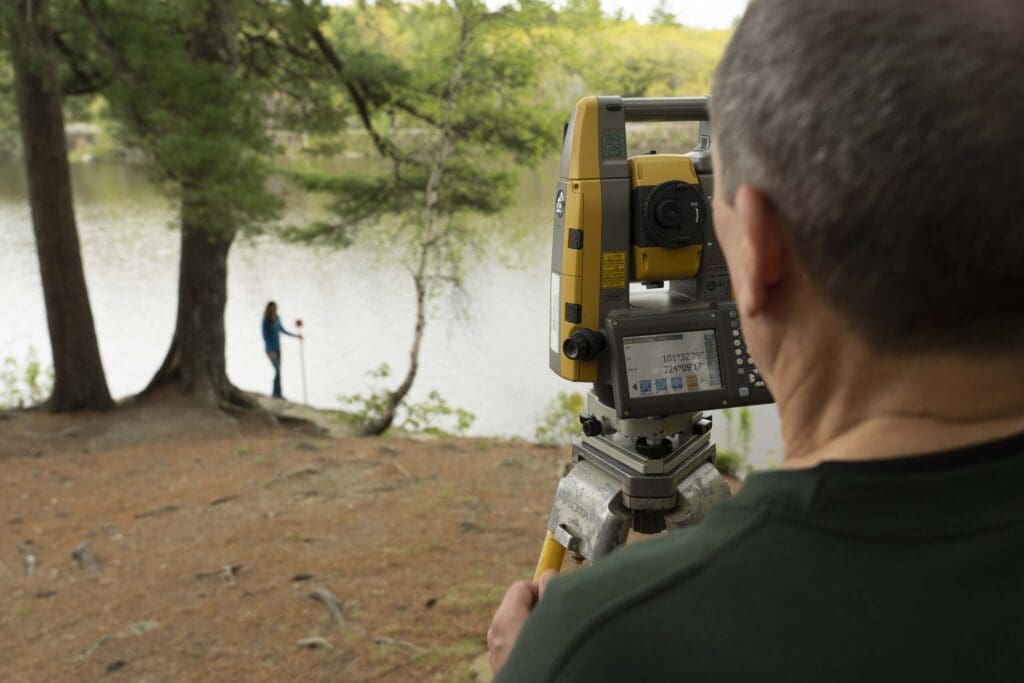
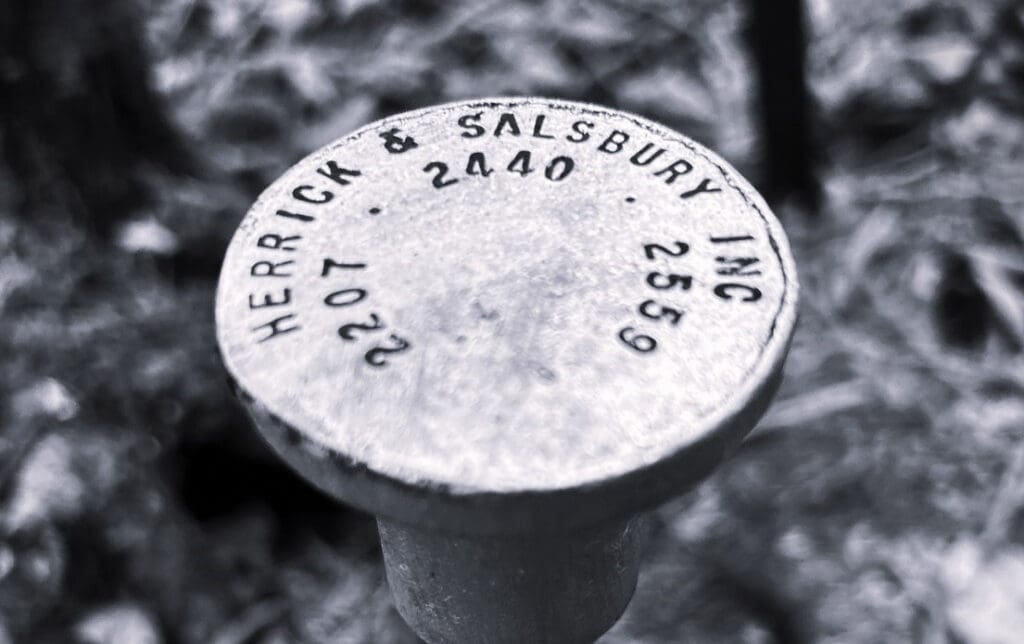
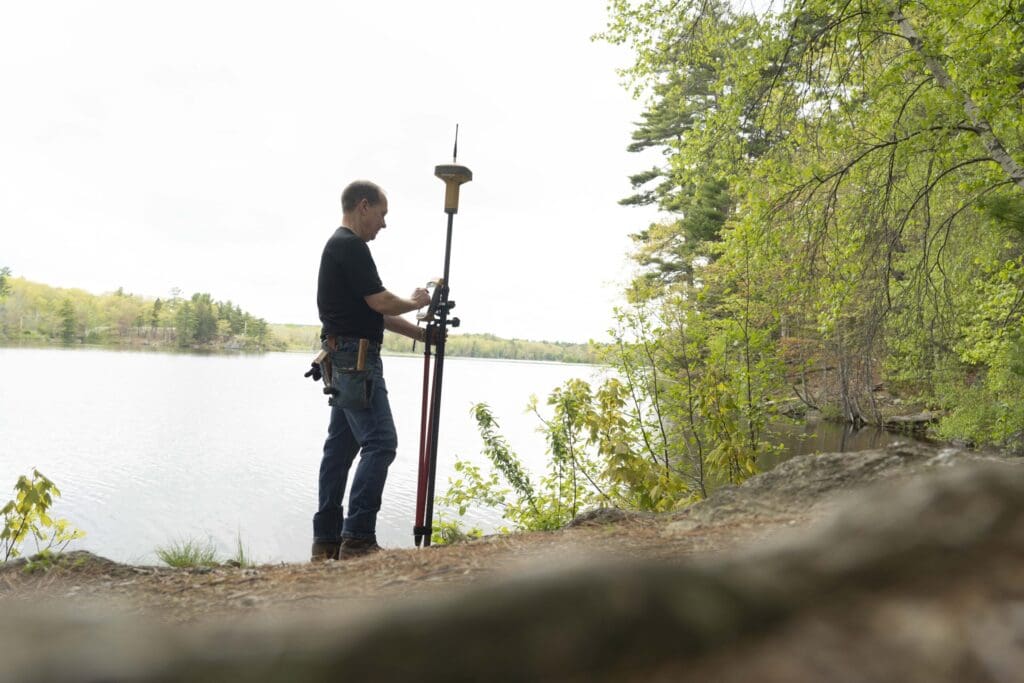
When Should I Hire a Land Surveyor?
A land surveyor provides professional expertise to help you understand the property boundaries and characteristics of your property. While most people only need a surveyor a few times in their lives, those moments often carry significant legal, financial, or personal weight.
You may need a survey when:
- Buying or selling property — to verify boundaries, avoid disputes, and support financing.
- Dividing land — whether splitting off a parcel or creating a subdivision.
- Developing land — before building a home, garage, or addition to ensure compliance with setback regulations.
- Improving existing property — such as adding a deck, fence, or outbuilding.
- Resolving a boundary dispute — to clarify property lines or defend against encroachments.
- Preparing for govenment or municipal reviews — including planning board submissions or FEMA LOMA applications.
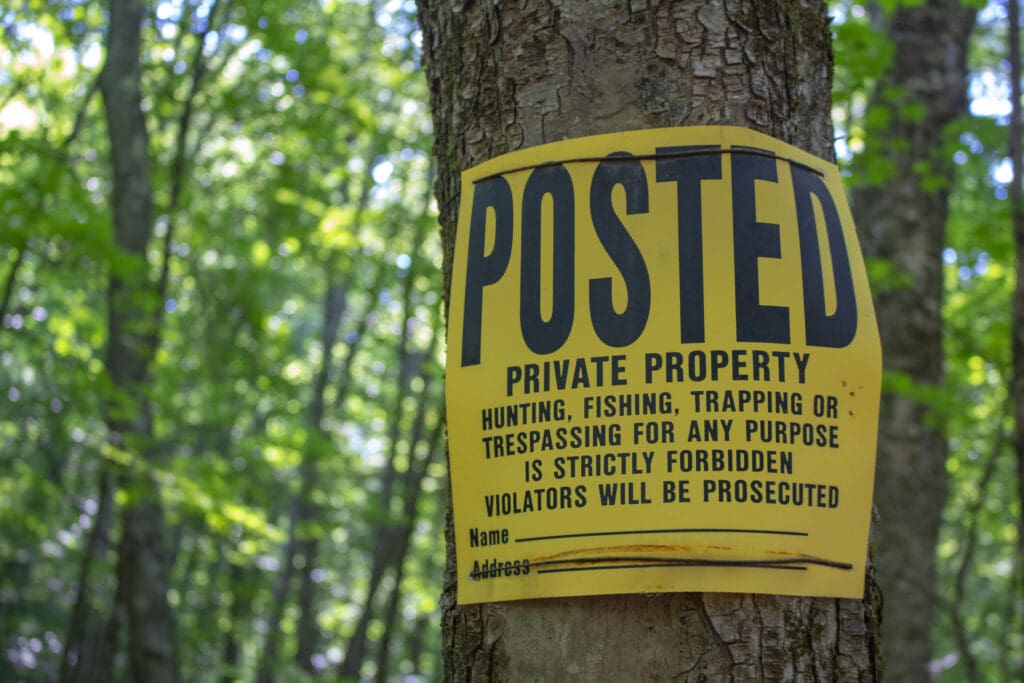
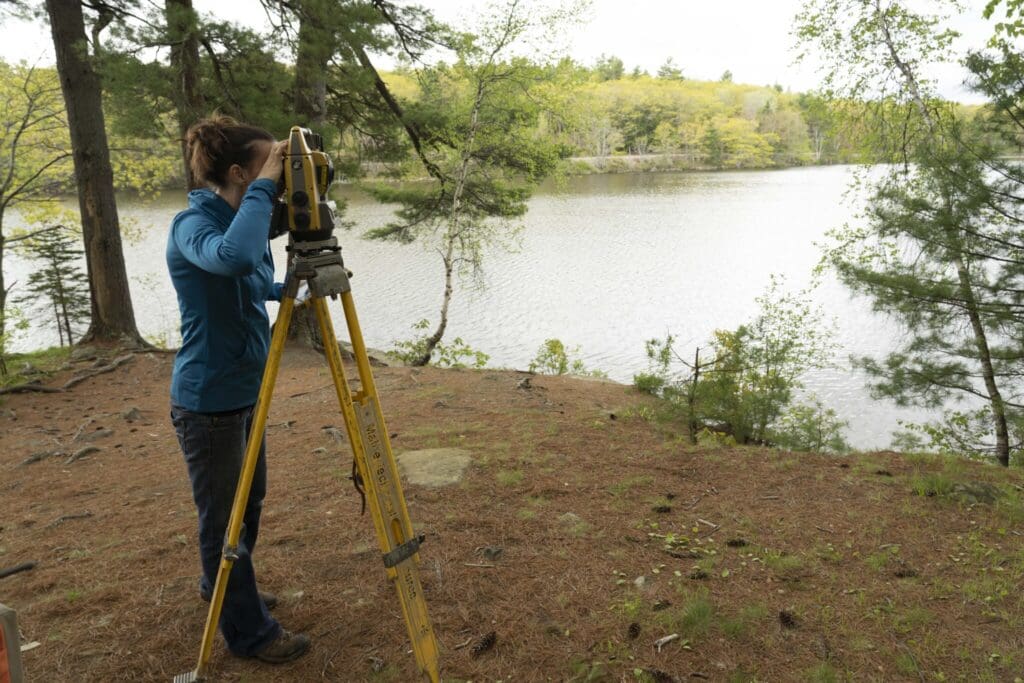
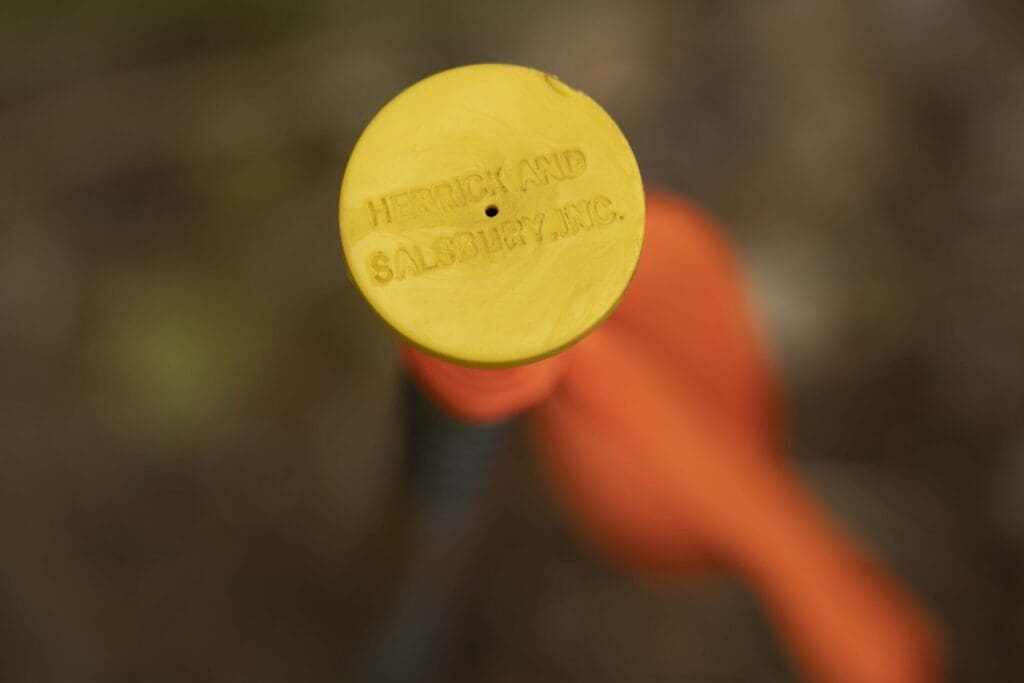
Surveys also help identify:
- Rights-of-way and easements that affect how your land can be used or accessed.
- Cemeteries or historic burial plots that may be unknown to current owners.
- Utility access issues involving water, sewer, or power lines.
What Will a Land Surveyor Do?
A licensed land surveyor will:
- Evaluate deeds, title reports, survey plans, and historical documents
- Perform site visits to take measurements and find monuments
- Locate and document boundaries, easements, encroachments, and occupation lines (like fences or tree lines)
- Provide a plan or report showing findings
- Offer professional opinions based on written descriptions and physical evidence
- Testify as an expert witness in boundary disputes, if necessary
- Assist with site planning and subdivision layouts
- Prepare metes and bounds descriptions for deeds (note: the deed itself must be drafted by an attorney)
How to Choose a Land Surveyor
Only licensed professional land surveyors can legally perform a land survey. To select a qualified surveyor ask:
- Are they licensed and in good standing with the Maine Board of Licensure?
- Are they members of a professional surveying association?
- Can they provide client references?
- Have they recently completed continuing education?
- Will they provide a written agreement outlining scope, cost, and timeline?
- Also, clearly explain your goals. A good surveyor will recommend the right type of survey and level of detail based on your needs.
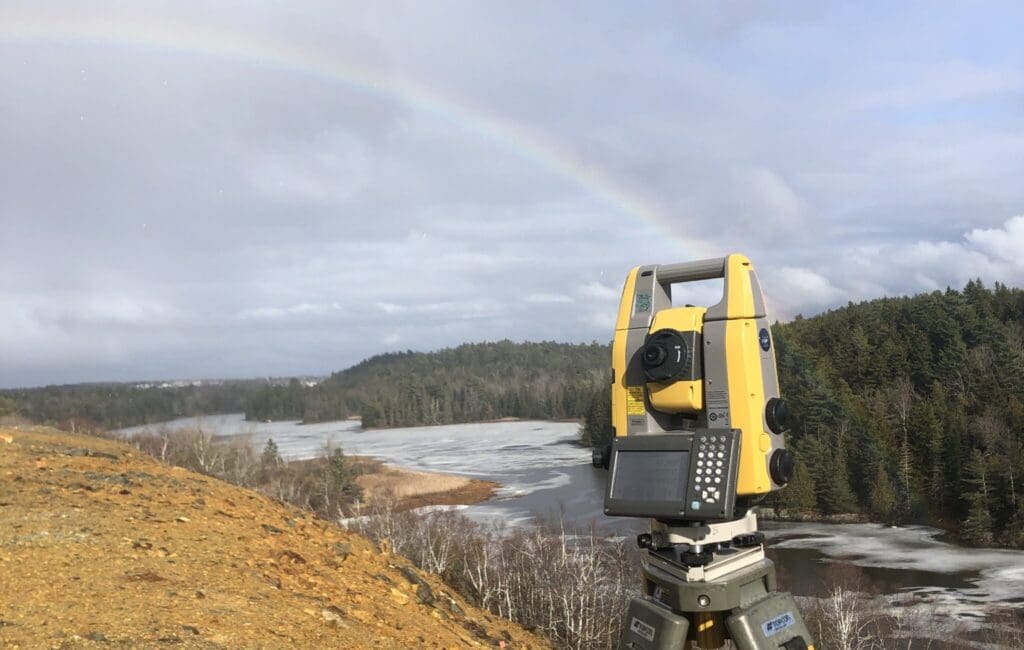
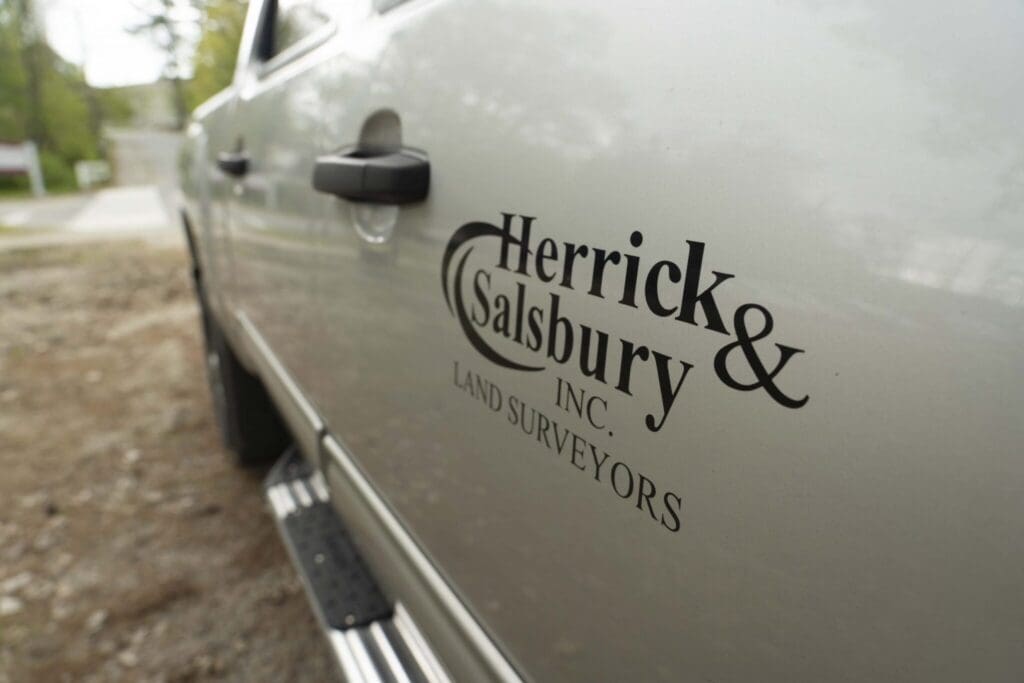
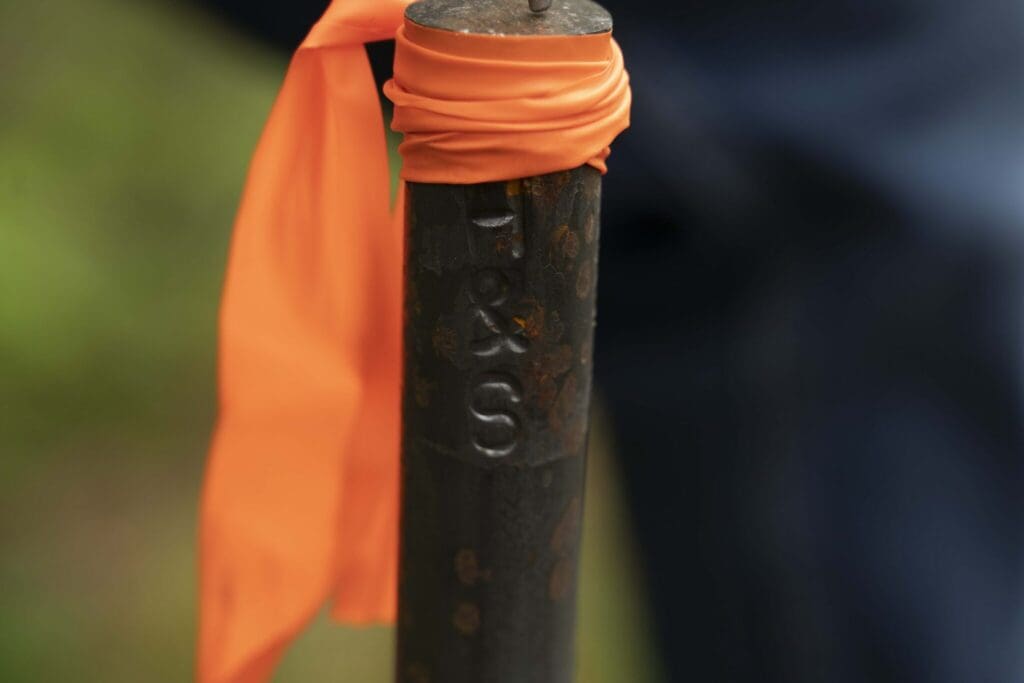
How Much Will it Cost?
Surveying fees depend on many factors, including the type and complexity of the survey, the size and terrain of the property, availability of existing boundary evidence or monuments. A reputable surveyor will provide a written estimate and will require time to conduct thorough research, fieldwork, and calculations. Avoid choosing a surveyor based solely on the lowest bid—doing so may lead to inaccurate results or legal issues down the road.
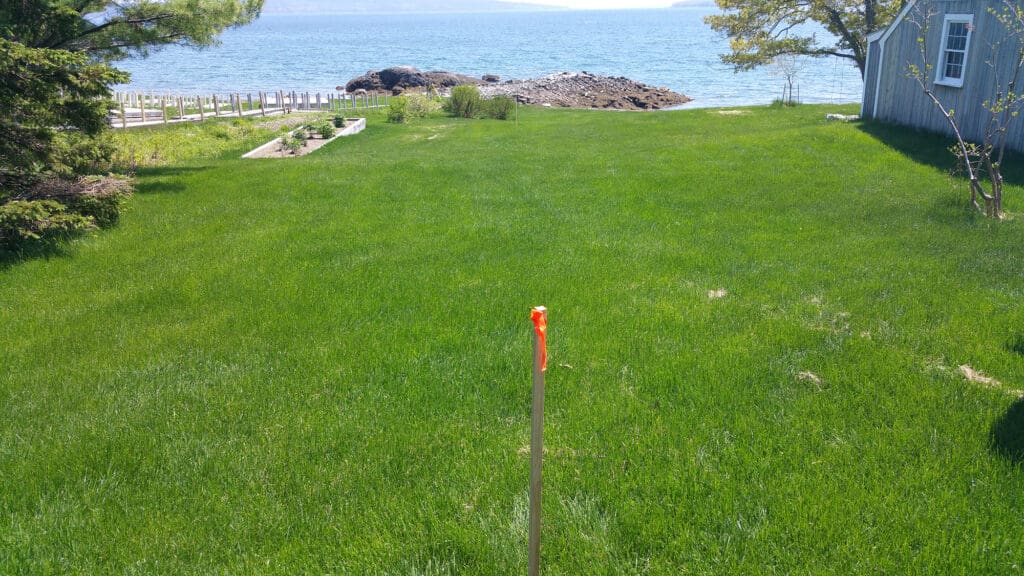
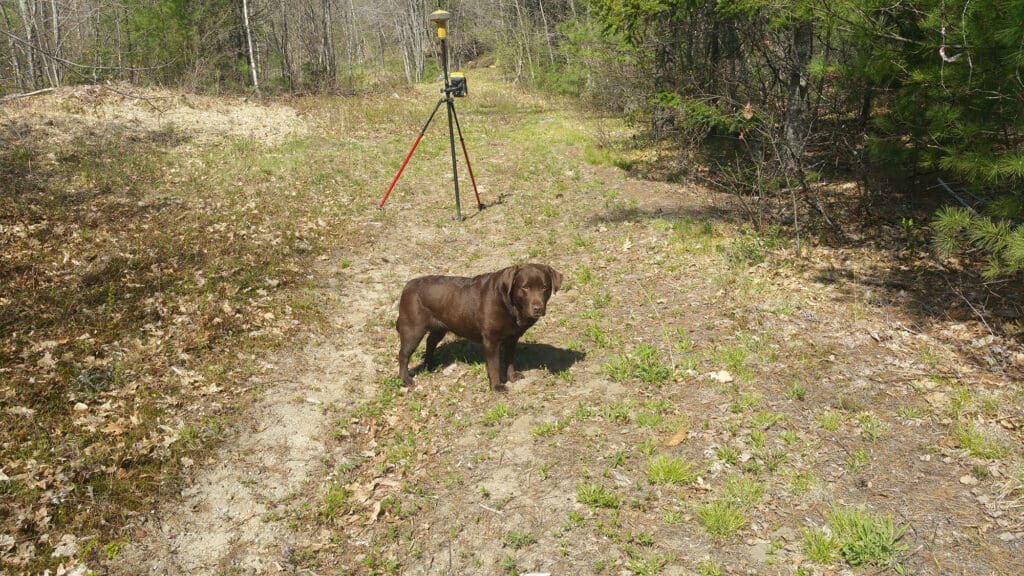
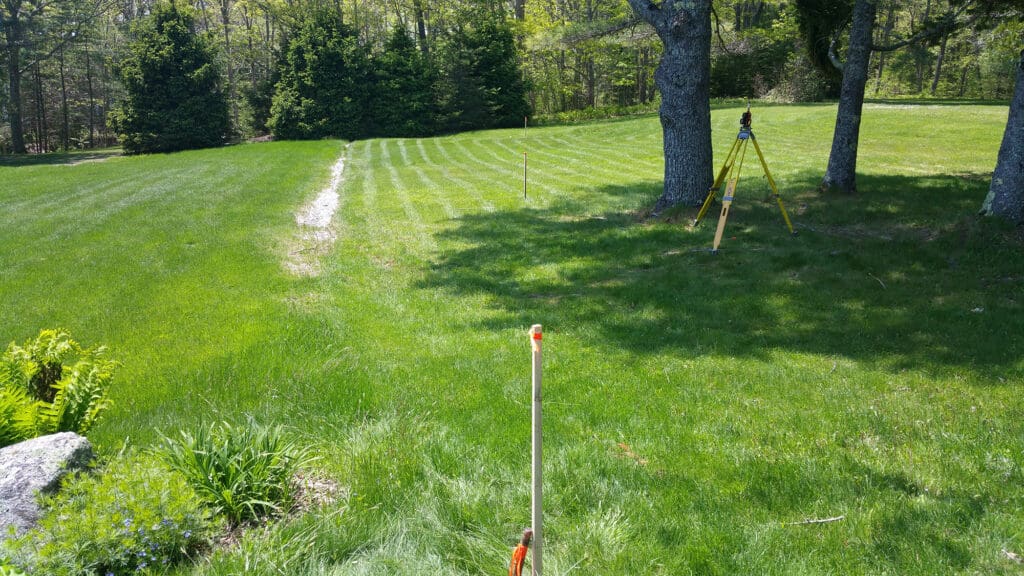
What Do I Need to Provide?
To get started, you should provide the current deed description of your property (from your deed or title insurance policy) and a clear explanation of why the survey is being requested. This helps the surveyor determine what kind of survey is needed and ensures they can deliver the right level of detail.
Types of Surveys
- Boundary Survey: Identifies or marks property lines, documents improvements, rights of wayand encroachments, and provides mapping of ownership.
- Topographic Survey: Includes natural and manmade features, elevations, and terrain details—often required for development or site planning.
- ALTA/NSPS Survey: A specialized survey required by lenders or title companies, often for commercial property, showing improvements, encumbrances, and title-related data.
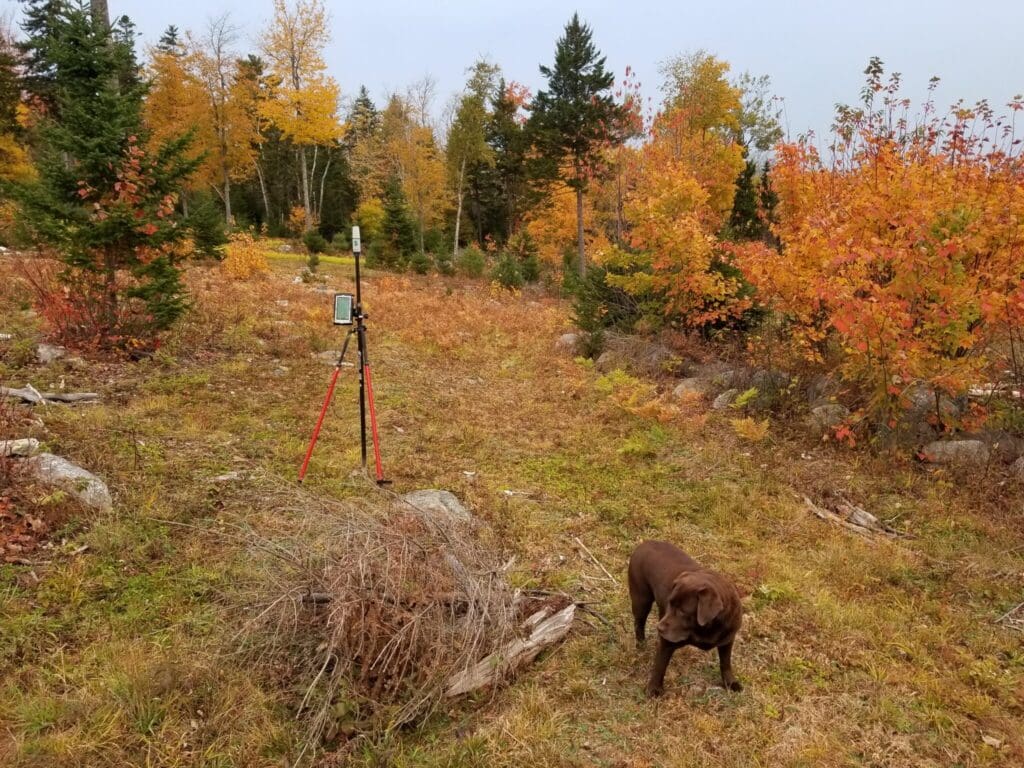
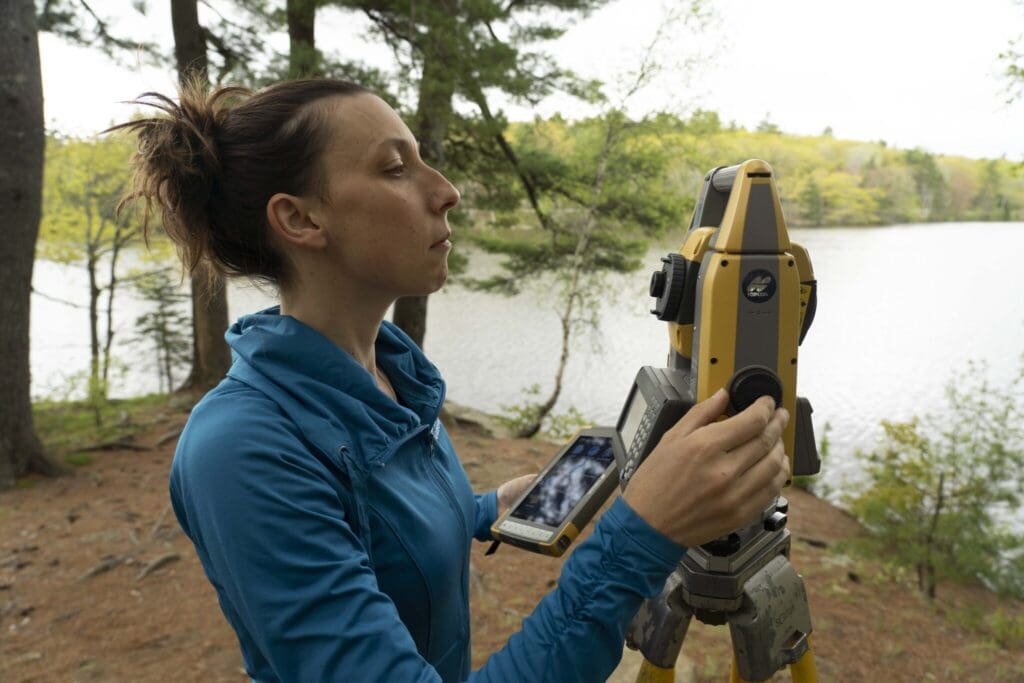

Final Thoughts
Hiring a land surveyor can protect your investment, avoid legal disputes, and support property development goals. Whether you’re buying, building, subdividing, or simply want peace of mind—it’s a smart move to have a professional define the boundaries of your land. If you’re unsure whether you need a survey, or what kind of survey is right for your situation, contact Herrick & Salsbury for guidance.
